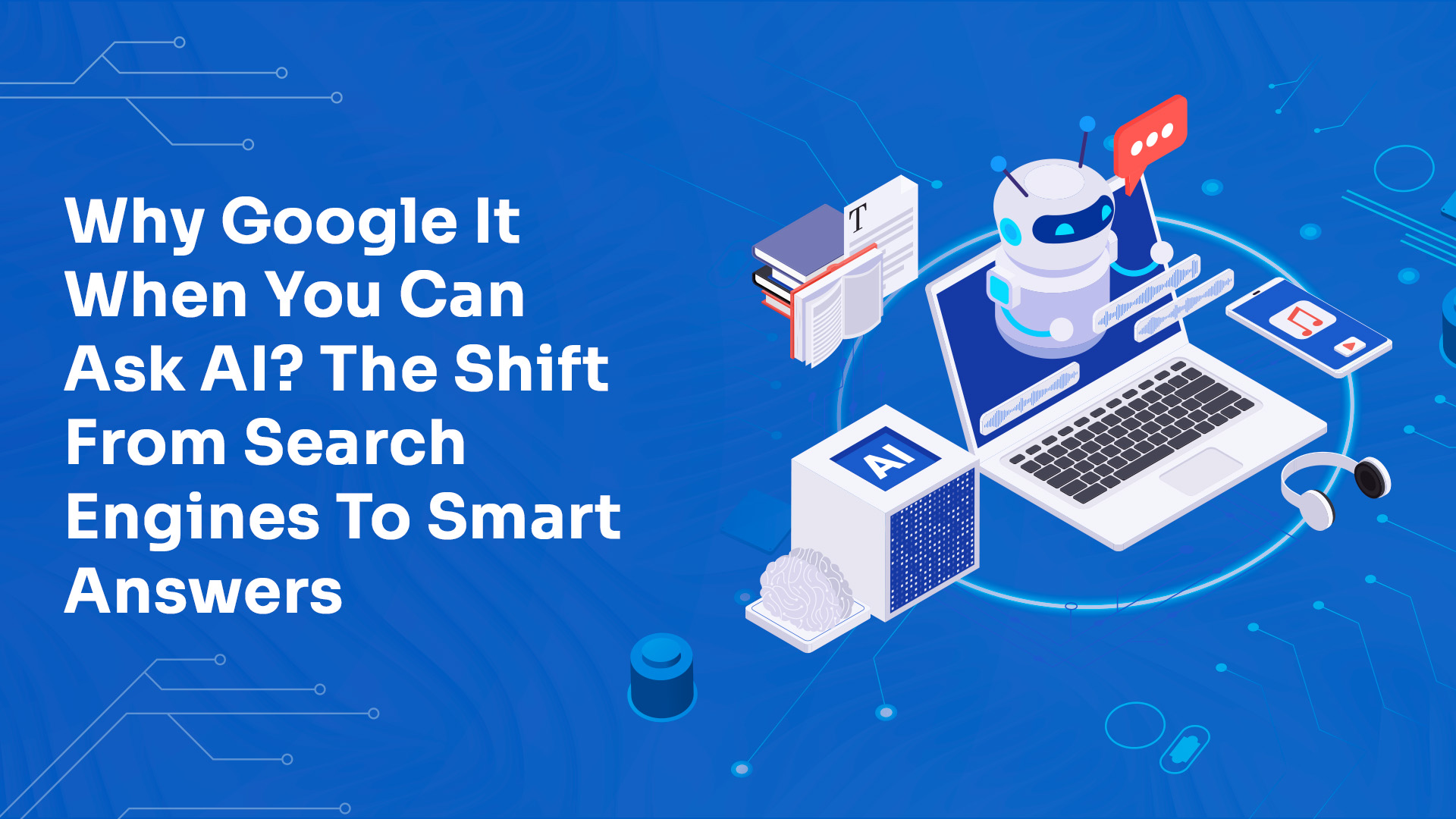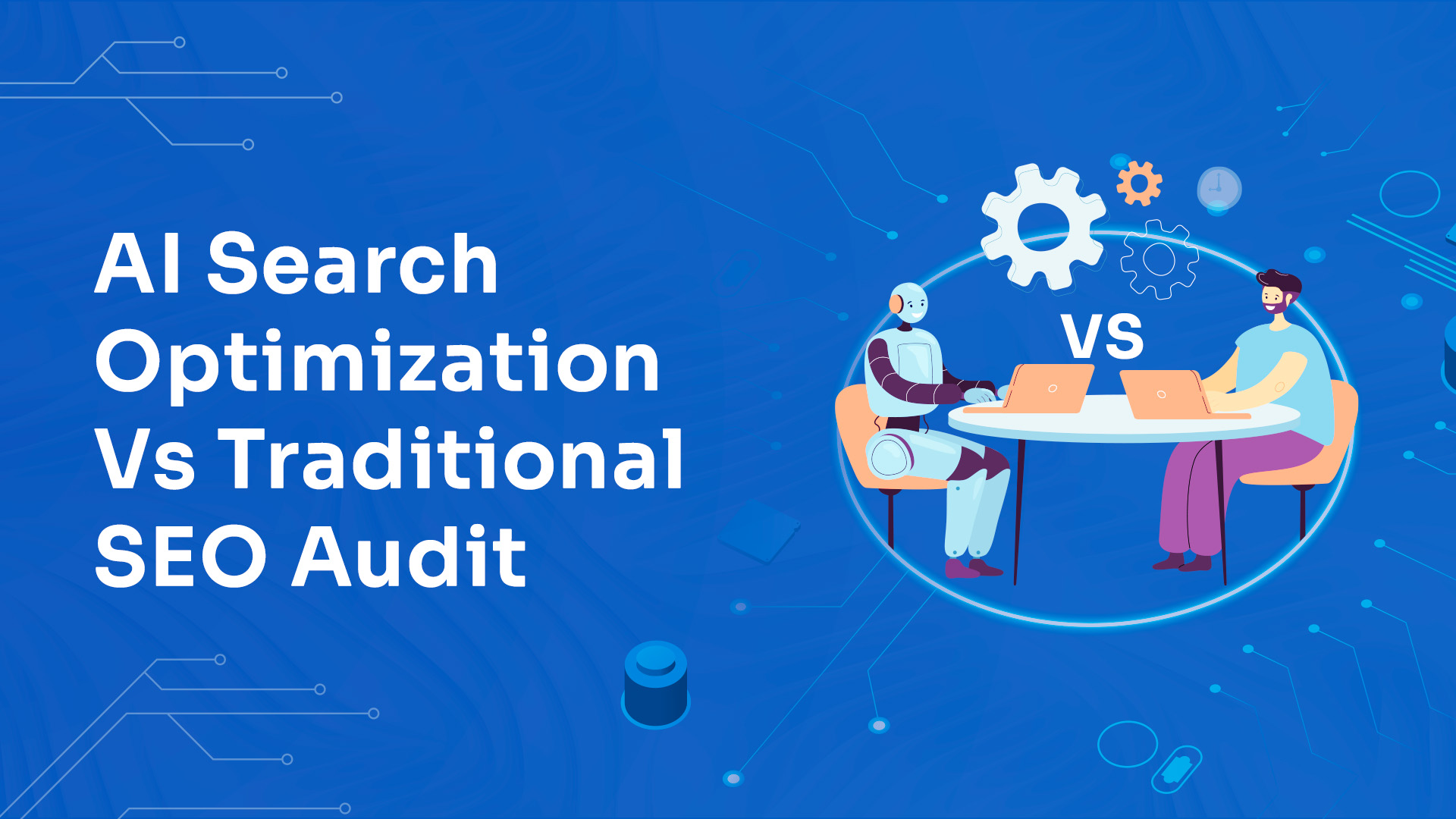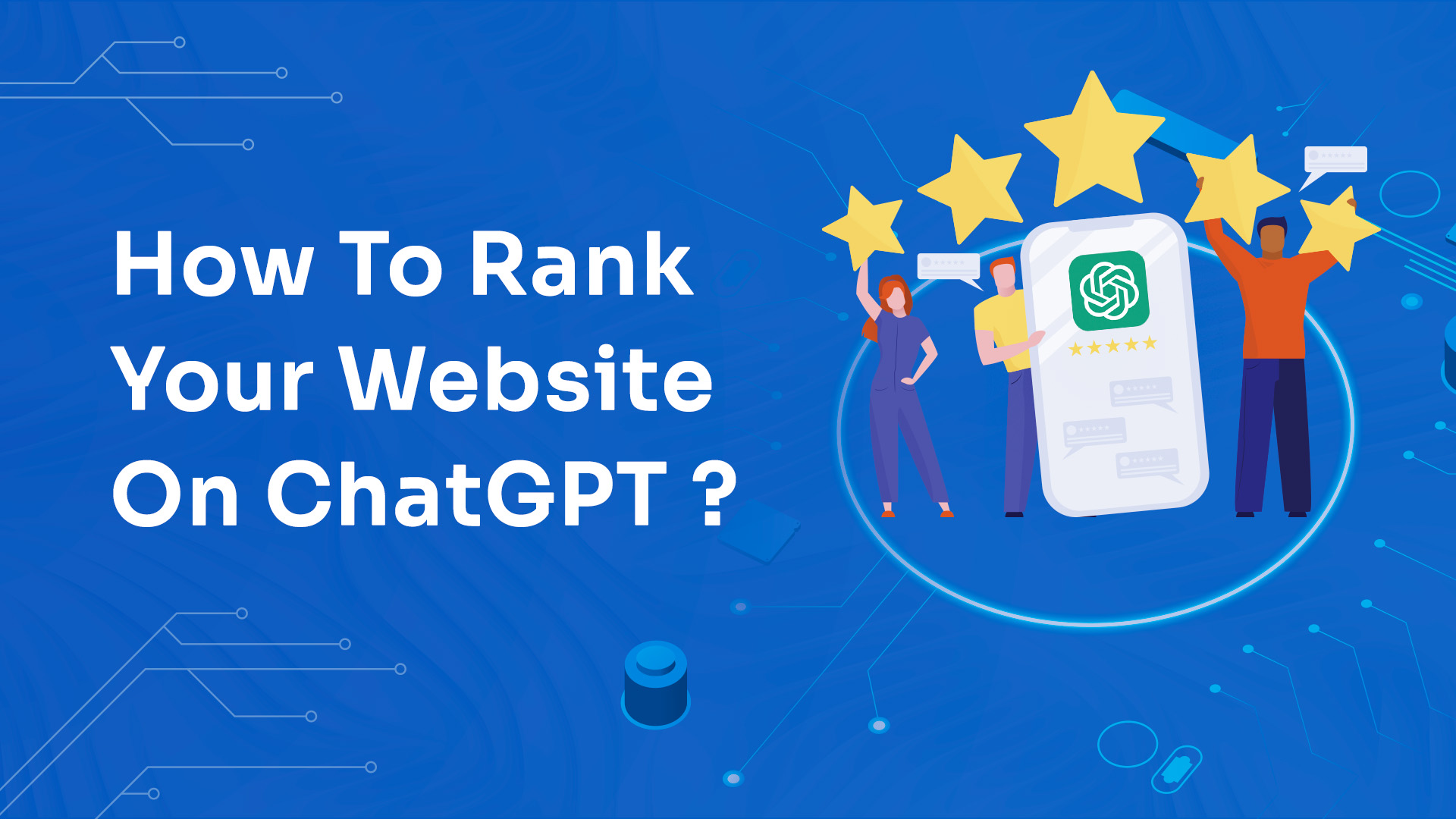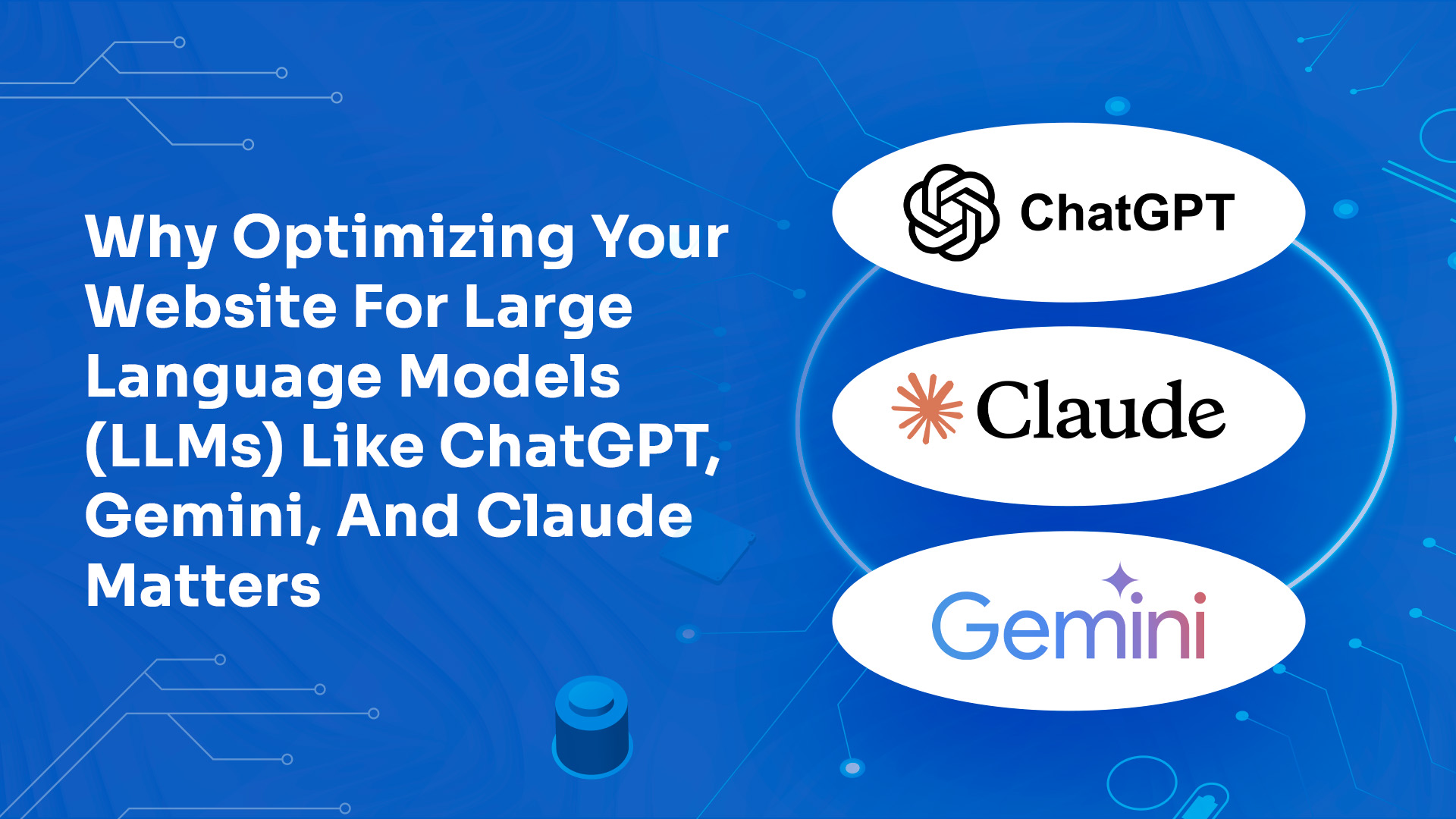
For over two decades, search engines have been our go-to for everything from “how to boil an egg” to “quantum physics explained.” But today, more and more people are asking a new question:
“Why scroll through links when I can just ask AI?”
Welcome to the new era of information-seeking—where users prefer answers over options, and conversations over clicks. Here’s why AI tools like ChatGPT, Perplexity, and Claude are quickly becoming the new default.
Why are people choosing AI over traditional search engines?
Because AI gives answers, not links. Instead of clicking through multiple websites, AI provides a single, coherent, and often conversational response. It’s like talking to a knowledgeable assistant who gets straight to the point.
Aren’t search engines still more reliable?
Search engines are powerful and indispensable for certain tasks—like browsing news, comparing prices, or digging deep into niche content. But for everyday questions, explanations, and creative help, AI wins on speed, clarity, and convenience.
What kind of tasks are users switching to AI for?
- Quick summaries of complex topics
- Writing assistance (emails, blogs, social posts)
- Homework help and study guides
- Programming support (debugging, explaining code)
- Planning (meals, trips, workouts)
- Idea generation (business names, gifts, prompts)
AI tools are acting as search engine, tutor, coach, and collaborator—all in one.
Is AI just searching the web for me?
Not exactly. While some AI tools (like Perplexity or Google’s AI Overviews) do pull real-time web data, others are trained on massive datasets and generate responses based on patterns and knowledge they’ve learned. It’s a different model of answering questions—more like reasoning than retrieving.
Is this just a trend, or the future?
The shift is accelerating. In fact, studies show that younger users (especially Gen Z) are more likely to open ChatGPT than Google for basic queries. And with AI being integrated into browsers, phones, and even wearables, this shift is becoming part of daily life.
So… should I stop using Google?
Not necessarily! Think of AI and search as complementary tools. Use AI when you want quick, curated answers or help with tasks. Use search when you need to browse, compare, or dive deep into specific sources. The smartest users know when to use each tool.

The Bottom Line
We’re moving from “searching” for information to interacting with it. AI doesn’t just point you to answers—it gives them to you in real time, in your own words. The future of how we access knowledge isn’t just faster—it’s smarter.
So next time you’re about to Google something… ask yourself:
“What if I just asked AI instead?”
And if you want your website to be featured in AI Answers, Try LLM Audit.


